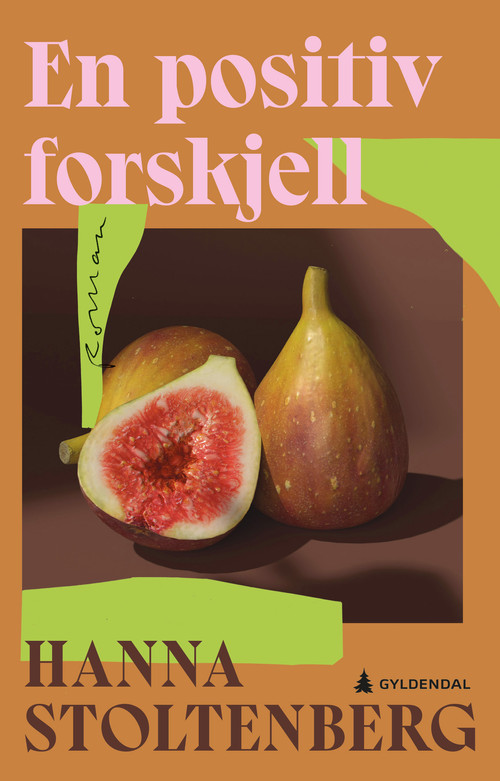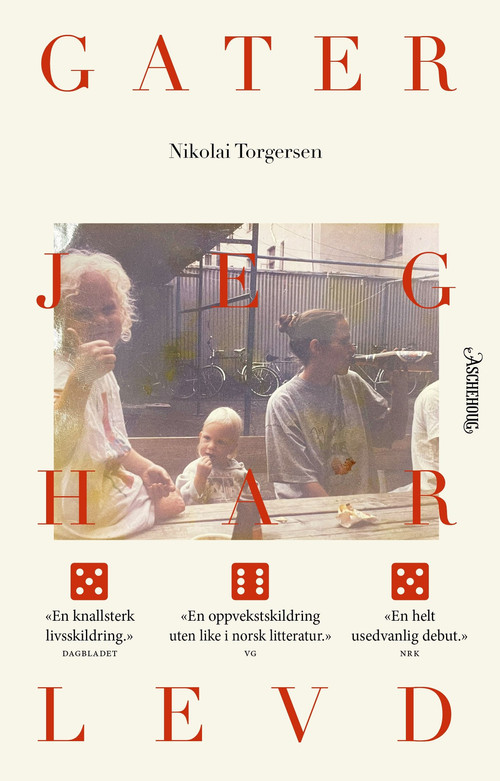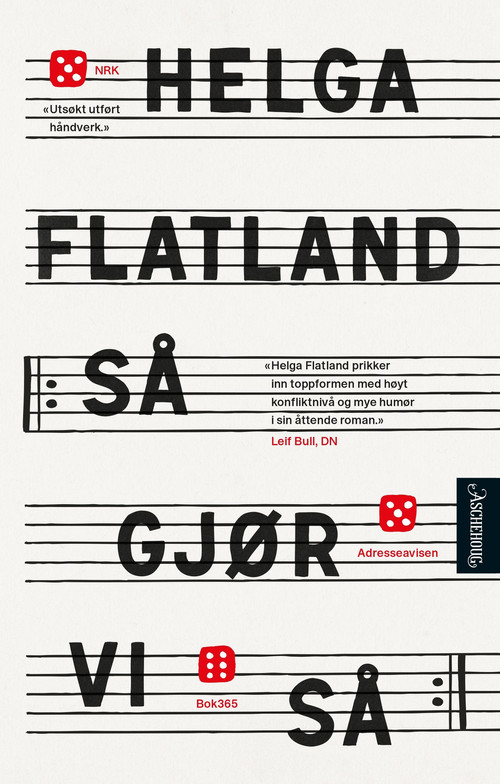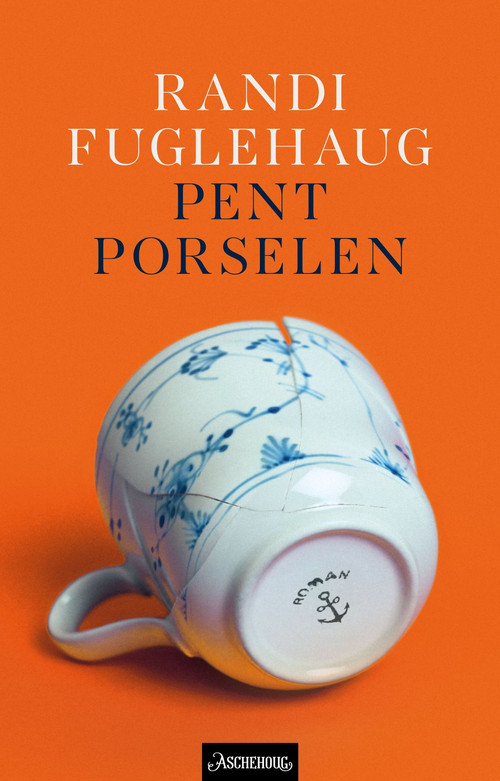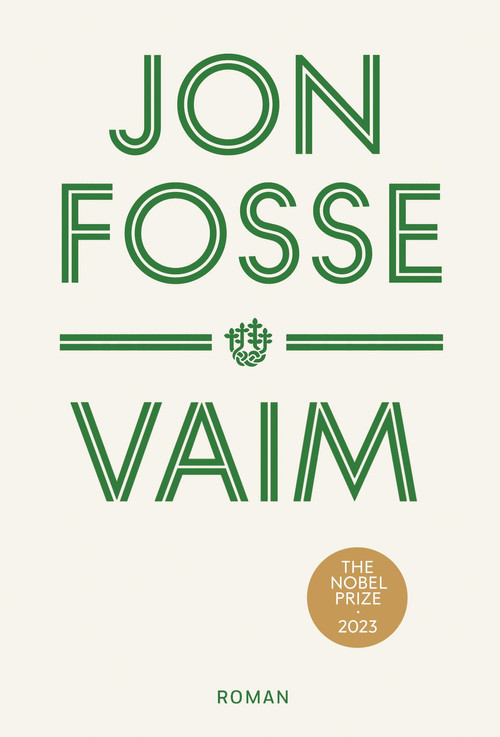A new, independent instalment in the large, epic account of Dina and her Family
The year is 1890 and Dina Grønelv is to be buried; she did not survive the serious injuries the fire at Reinsnes inflicted on her. In the crowded church her grandchild Karna stands in front of the congregation, and testifies to what was on Dina’s mind before she died: the two men she killed. After having confessed her grandmother’s sins, Karna falls silent, and shuts out the outside world.
Neither her father Benjamin nor her stepmother Anna are able to get through to her, and the silence soon also engulfs the relationship between them. Before the fire, Anna discovered that Benjamin had never quite finished his relationship with his childhood sweetheart Hanna, and she finds it difficult to forgive him. When Karna tries to take her own life with a knife, Anna makes a decision: she will take Karna with her to her home city of Copenhagen, to a hospital where the mentally ill are treated.
In doing so, she places a distance between herself and Benjamin, and while following the developments in Karna’s fragile mind, she has the time to think about who she is and what to do with her life. And she also meets the doctor treating Karna: Joakim.
Wassmo at her finest. She exceeds herself in The one who sees. This is nothing less than outstanding literature. (…) The novel keeps its energy all the way, until it accumulates to a stunning drama in the end, and after closing the last page, the reader longs for just one more book.
When Wassmo does her magic, the story sets roots and the earth shakes. My oh my … Somehow it feel as this sequel not only measures up to the earlier Dina-books, but is even better accomplished literary wise. We are facing a mature writer at her best.
It is most likely that Wassmo accomplishes to win both this falls book sale and half the kingdom, or perhaps I should say queendom...
Herbjørg Wassmo writes so you can formally sense the smell of fish.
Herbjørg Wassmo
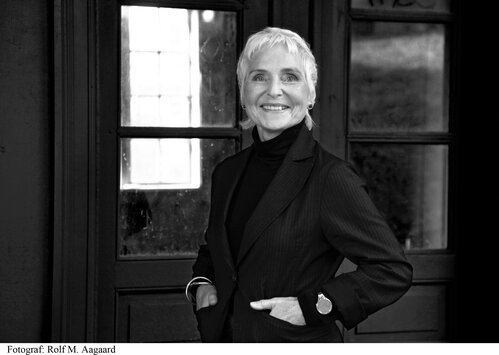
Rolf M. Aagaard
Herbjørg Wassmo (born 1942) has earned her position and popularity in Norway and abroad through her ability as a powerful storyteller with a special care for the exposed and vulnerable characters. She made her début in 1976 with a collection of poetry. Her breakthrough came with the first novel about Tora, The House with the Blind Glass Windows (Huset med den blinde glassveranda) 1981, followed by two volumes forming the famous Tora Trilogy.
These books contribute to a Norwegian realistic tradition about the coming of age of the unusual and artistic child. The voice of Herbjørg Wassmo has a poetic and evocative power, taking the reader very close to the disintegration of the small human being and her fight for dignity.
Rights sold to
Denmark, Lindhardt & Ringhof
France, Éditions Gaïa
Lithuania, Alma Littera
Poland, Smak Slowa
Russia, Palmyra
The Netherlands, Singel Uigeverijen
Other titles
The Dina Trilogy:
Dina's Book, 1989
Dina's Son, 1992
Karna's Legacy, 1997
A Glass of Milk (Et glass melk takk), 2006
Hundred Years (Hundre år), 2009
In These Moments, 2013
Foreign rights
Gyldendal Agency
P.O. Box 6860 St. Olavs plass
NO-0130 Oslo
Tel: +47 957 81 640
[email protected]
http://eng.gyldendal.no
Awards
2011: Ordre National des Arts et Lettres
2010: The Norwegian Publisher’s Association’s Honorable Brage Prize
2007: Order of St Olav, Knight, First Class
2004: Eeva Joenpelto’s International Prize
2001: The Norwegian Readers’ Prize (The Norwegian book club)
1998: The Jean Monnét- Prize (France)
1997: The Amalie Skram Prize
1997: The Book Club 12 Books’ Prize (Denmark)
1996: Author in residence - the Bergen International Festival
1991: The Gyldendal legacy
1990: Best Book of the 1980’s - Awarded by the Norwegian Booksellers’ Association (Dina’s Book)
1987: The Nordic Council Litearture Prize
1986: The Nordic Council Literature Prize
1984: The Documentay Book Prize /Gyldendal
1983: The Booksellers’ Prize
1981: The Literary Critics’ Prize


